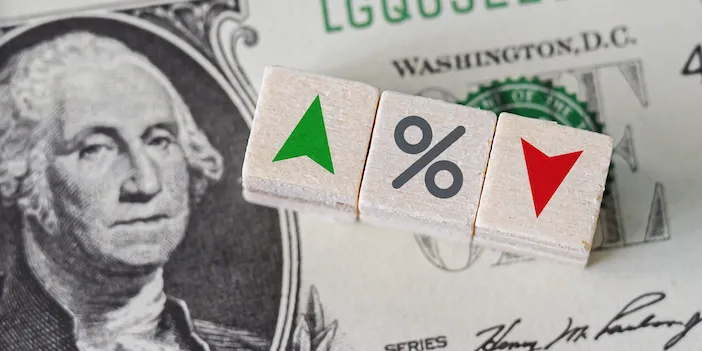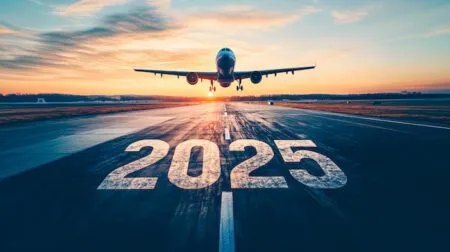The US Federal Reserve has announced that it will be holding interest rates, for the second time in a row after 18 consecutive months of rises. The Bank of England and other global banks have followed suit, which suggests that global interest rates may have reached a peak and inflation is starting to ease.
With consumers’ disposable budgets low and the cost of travel high, the travel industry has no doubt taken a massive hit as high interest rates stopped people spending. Meanwhile companies in need of credit or wanting to raise finance – not least start-ups – have found it both more expensive and harder to gain access to much-needed capital. We spoke to experts from across the industry to find out more about what could happen next.
The hotel industry
Higher interest rates have posed a significant challenge to innovation for the hotel industry, particularly in the realm of revenue management. At a time when hotels need to enhance their pricing and revenue strategies to keep up with rapidly evolving market dynamics, the constraints brought by the added borrowing cost of elevated interest rates are a cause for concern.
Alex Barros, chief marketing and innovation officer from BEONx, a revenue management solutions provider, emphasises that “hoteliers must adapt to the changing landscape by embracing new technologies and innovative approaches to remain competitive. While the current scenario may be challenging, we are hopeful that as interest rates stabilise and hopefully decrease, the industry will have the opportunity to revitalise itself through more investment. From adopting advanced revenue management systems that streamline pricing and inventory management, to crafting tailored guest experiences for those who value quality services, there are a multitude of strategies hotels can employ to thrive in this dynamic environment.”
The travel insurance market
There are other potential pitfalls for travel if rates continue to stay high – for example in the travel insurance market. “The rate stabilisation is a promising sign for companies themselves looking for insurance to bond packages they are selling,” says Sami Doyle from TMU Management, a data-driven insurance intermediary offering credit-risk insurance products to the travel value chain. “Basically higher interest rates suck capital out of the insurance market as investors see better returns elsewhere, thus dampening access to appropriate cover and putting up premiums that then get passed onto consumers as they buy package holidays.
The payments industry
Nium, a real-time global payments company, says the payments industry has a role to play in helping the travel industry operate successfully in this environment, whether rates go higher or stabilise.
Spencer Hanlon, global head of travel payments at the company comments, “We often see companies waiting up to 60 days to get paid, and guess how they fund that wait? Yes, with credit. Modern fintech payment solutions can significantly reduce that amount of time and thus reduce the cost of borrowing, whilst also saving money on unnecessary and outdated back-office processes.”
M&A
Considering the impact on deal-making Morgan Lesné, a specialist in M&A and fundraising in the travel sector at investment bank, Cambon Partners, , comments that: “higher interest rates have drawn capital away from travel start-ups and more mature companies looking to fund M&A with loans, thus resulting in a downward spiral of lower valuations that has been very disruptive for the travel ecosystem at a time when big growth could be achieved. The likely stabilisation of interest rates could therefore bring back capital and provide more confidence, so it is possible we´ll see a rebound in dealmaking activities again soon. Watch this space.”
Demand for travel
As a final thought, price comparison website WayAway spokesperson Janis Dzenis feels that there will still be strong demand for travel, even if rates were to stay high for a long time. “Of course, interest rates affect all sectors of the economy, including more expensive mortgages, loans and credit cards with which customers can pay for their travel. But the travel industry is one of those rare places where rhetoric and action can be completely out of sync,” he says. “We all love a bargain, but when it comes to your one and only holiday, you’d probably ignore the fact that this year’s travel costs are slightly higher than last year’s.”
Belvera Partners provides communications for the travel, tourism and hospitality sectors.





